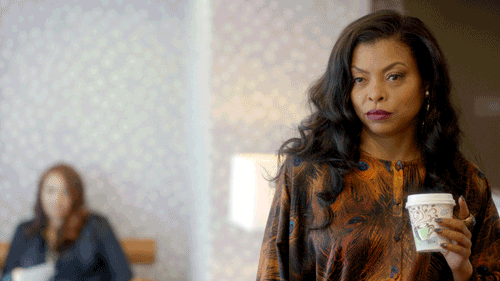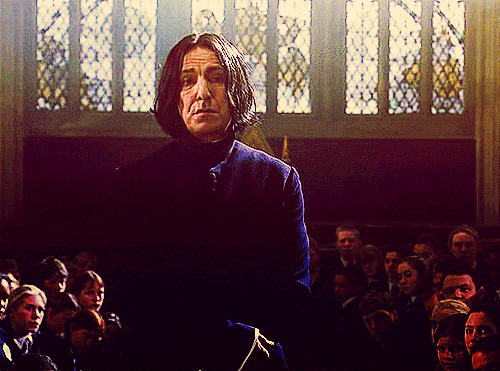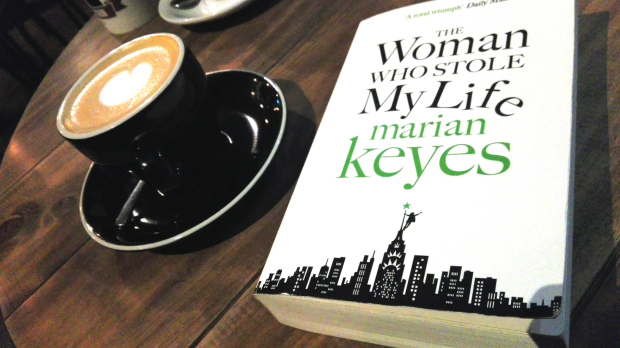Rating: 3/4
Studies have shown that human health is greatly dependent upon community. As we grow older, there’s greater dependency on heritage, shared experiences, help from others etc. These traits are evident in the Hasidic community. When someone is sick food is brought to them, children are taken care of. When someone needs legal help, the community pitches together to hire lawyers. In many ways, the Hasidic community reminds one of the “good” ole days of the 1940’s (as I exclaim, sitting in a rocking chair on a rickety old porch).
However, there is a dark side. Many in the Hasidic community aren’t “properly” educated in computer technology or math. If a crime is committed, it remains in house, with community members discouraged from going to the authorities. Women, for the most part—are subservient—solely used to either pop out children like a bazooka or mind the household. The documentary, One of Us, follows three former Hasidic Jews, Etty, Ari, and Luzer as they leave their communities.
Each individual carries a story nearly as heartbreaking as the other, coping with child abuse and rape, spousal abuse, and depression. One of Us‘s directors, Heidi Ewing and Rachel Grady, astutely balance gender representation. That may not seem like a risk, representing both the male and female experiences, but we soon find out that females have more to lose than their male counterparts in the Hasidic enclave. It would have been easy to represent only the male experience in the Hasidic Jews’ largely male-driven community. Filmmakers like Heidi and Rachel, are examples of why more female directors are needed (looking at you Hollywood).

Of the three stories, Etty’s is the “most” harrowing (if that distinction can be made), as she fights her abusive husband for custody of her children. Luzer’s story mostly focuses on his dream of becoming an actor, and how films are banned from the Hasidic community. Because he pursues his dreams, he’s ostracized from his wife and his children. Ari completes this trio, as we follow his addiction to drugs and faltering faith in God.
Of the sequences in One of Us, Ari’s one-on-one talks with his rabbi is the least successful. I’m not sure what the directors were trying to achieve, as the depicted conversations aren’t enlightening. Sure, the existence of God is usually a worthwhile discussion, but I struggle to see how it drives the documentary. The rabbi isn’t going to relent from his belief in God, and Ari has very little argument other than “bad stuff happens.” Tediously, the rabbi is understanding of Ari’s beliefs.

Furthermore, I didn’t feel like Luzer’s story invited as much empathy as it was meant to. Yes, he loses his children, his wife, and is living in a trailer, but for the most part he appears to be happy. I’m not sure if the filmmakers meant this, but throwing Luzer’s experiences, as he gives up on his family rather than fighting an extended trial, in comparison to Etty’s , who’s odds-be-damned-is-getting-her-children-back-battle, creates a damnation against Luzer. It would be easy to say that both are against immovable forces, as the community raises money for the best lawyers around to fight these parental cases, nevertheless, it’s difficult to find a majority of the audience who would have given up as easily as it “appears” Luzer did.
Etty’s trauma is also the most significant. As we’re treated to scenes of Luzer and Ari visiting their old haunts, we notice that neither man is completely cut off from their communities. There might be judgmental eyes thrown their way, but they’re not outcasts in the same way Etty is. Etty, who is continually stalked and sent threatening phone calls. While each individual is shown to be lacking the skills needed for the 21st century, it’s Etty who is most disadvantaged as she’s been “bred” to be a housewife.
The strongest portions of One of Us is when it throws the male experiences into comparison with the female experience, while the weakest portions, are when it seems to be reaching, such as the debate around the existence of God.
Nevertheless, what’s also welcoming about One of Us is the balance. It would be easy for the film to solely rely on negative assumptions about a little understood religious sect. Instead, the filmmakers do take time to make the case that this system works for many. There are people who love this community, and are willing to sacrifice a lot for something they feel gives them everything they need. As the rabbi says, “This is a system that’s worked for over 1,000 years.” There is a respect shown by the filmmakers toward that tradition, with an equal understanding, that the Hasidic community—though it has survived—maybe fighting a losing battle against time if it doesn’t evolve and show more empathy toward those who do not fit in their dogmatic doctrine.
Edit: Also, a reminder that you you can find One of Us for free on Netflix!
Follow 812filmreviews on Twitter and Facebook!
twitter.com/812filmreviews.com
https://www.facebook.com/812filmreviews/
Photo Credit: IMDb
Share this:




